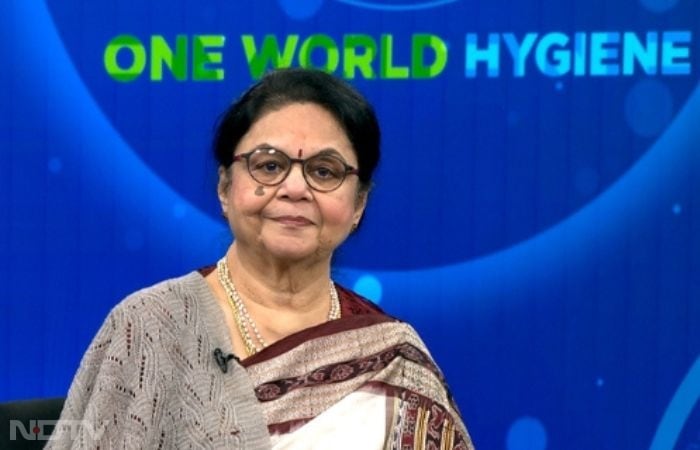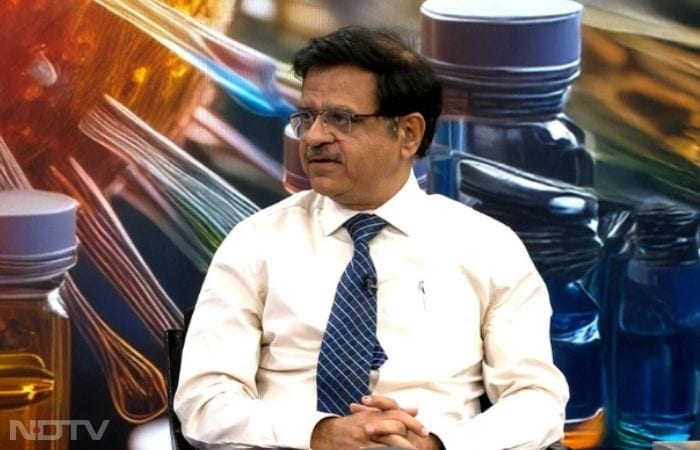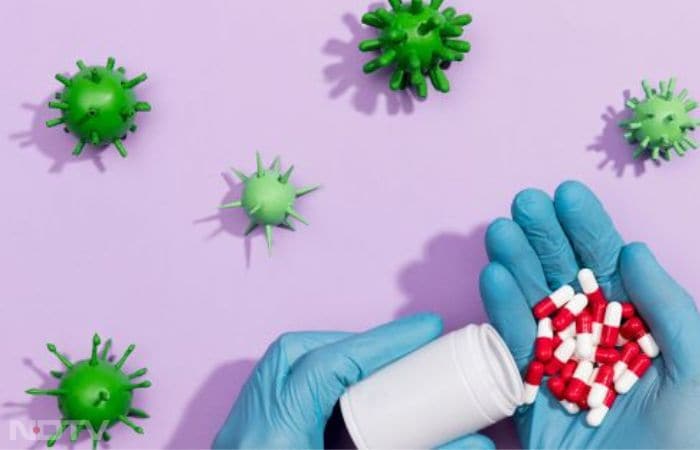World Health Day: Unite Against Antimicrobial Resistance With Dettol Banega Swasth India
This World Health Day, Dettol #BanegaSwasthIndia hosted experts to address Antimicrobial Resistance (AMR) as a critical health threat, exploring its challenges and solutions for a healthier future.
-
Dr. Indira Chakravarty, a distinguished Public Health Specialist and Padma Shri awardee in 2014, elaborates on Antimicrobial Resistance (AMR), a growing global health concern. AMR occurs when bacteria, viruses, and parasites evolve to resist treatments, making infections harder to manage. Dr. Chakravarty emphasises that simple hygiene practices, such as regular handwashing, safe food handling, and proper vaccination, play a critical role in preventing the proliferation of resistant strains.
-
Dr. Narendra Saini from the Indian Medical Association warns that irrational use of antimicrobials in humans, crops, and the environment leads to resistance. He explains that when these powerful medicines are administered whether to humans, in agricultural practices, or even in environmental contexts microbes can rapidly adapt, resulting in drug resistance. This resistance jeopardizes effective treatment options for infections and may lead to a potential third pandemic if not addressed properly.
-
Ravi Bhatnagar emphasised Dettol Banega Swasth India's dedication to promoting awareness about antimicrobial resistance (AMR). He said, "Dettol #BanegaSwasthIndia is committed to integrating AMR awareness into our existing hygiene programs. We understand the importance of educating from a young age, so we're developing child-friendly resources, conducting behavioral research, and will look into using local languages to spread the message. Ultimately, we must emphasise the importance of personal hygiene and responsible antibiotic use, working together to safeguard our future."
-
Sunita George, Principal of Bombay Scottish, Mumbai, emphasizes that schools are vital in raising awareness about AMR, highlighting the need for hygiene education, particularly promoting handwashing among students. She said, "School can contribute to spreading awareness because we have a larger impact. In case of AMR, it requires a behavioural change. Hence, it is important we talk to children about hygiene, especially handwashing."







